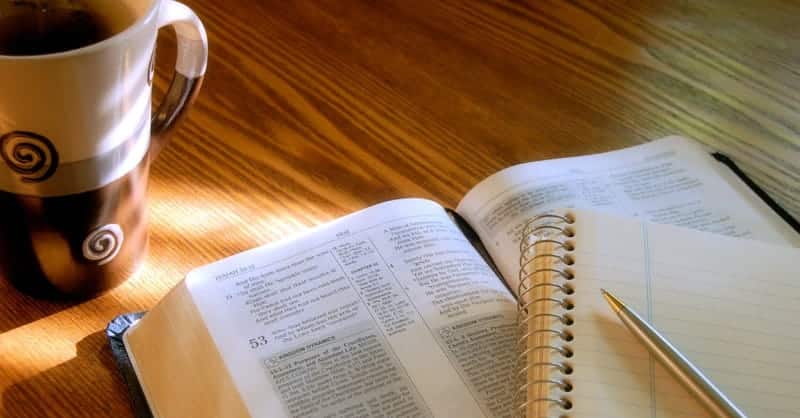Mothering Sunday 27/3/22 C
Exodus2:1-10. John 19:25b-27
Today we reach the middle of Lent with the Mothering Day celebrations. There will be lots of cards, flowers, and chocolates being delivered in homes today. It is a day to remember our mothers, who brought us into the world and cared for us through our childhood and beyond. Some of us have our mothers with us and many of us are left with our memories. Of course there are some who do not enjoy happy memories of their mothers and this day is not any cause for celebration but maybe a painful reminder of what they had experienced.
Here in church on Thursday morning the school children gathered for their Mother’s Day service. They sang joyful songs and read poems of thanksgiving for their mums. One class shared a poem that featured a recipe for a good mum. You won’t be surprised to learn that the ingredients included kindness, patience, thoughtfulness, lots of cuddles, lovely meals, cheering them on, and funny jokes; but mostly lots of love.
I talked to the children about mothering and how we can find this happening in many different ways. This week I met a man in Bedford hospital who told me that he reared golden pheasants. He explained that they incubate for 21 days and for every one of those days the individual eggs need to be gently turned. If this doesn’t happen the chick’s feathers dry out and stick to the shell threatening the eventual release of the bird. In nature the hen performs this procedure. The mothering of the babies begins before their birth.
It seems that Mother Nature has given us both instinctual awareness of the protection of the young and the ability to learn from the behaviour we witness. As Christians we believe that God has gifted his world with these things. Of course, there is plenty of evidence in nature of both parents sharing the mothering of their offspring and this is true of the human family too.
Children receive their mothering from parents, grandparents and the extended family. They are mothered by their schools and medical practitioners and any who care for their welfare.
Today our bible readings give us two mothering stories. The infant Moses, in danger of his life from Pharaoh’s oppressive regime is protected by his mother. She knows she cannot provide the protection he needs to survive so she finds an alternative. When she can no longer hide his existence she trusts him to a surrogate mother; even the daughter of their oppressor. The life of her son is more important than the pain of parting. What a cost; to see her son cradled by another woman.
From John’s gospel we hear how Mary stood at the foot of the cross witnessing the terrible suffering of her son. As he nears death Jesus addresses the ‘disciple whom he loved’ which has traditionally been understood to be John and his mother Mary. His words are recorded as; ‘Woman here is your son’ and ‘Here is your mother ‘Even at this time of personal agony Jesus commends these two people he loves into the care of the other.
He knows they will both need support; someone to comfort and console them. He is asking them to mother one another, with all that means.
To be a mother is to give birth. A mother carries her child, she nurtures its life within her and in the right time she delivers them into their independent life. It is a cause of great joy and an enormous privilege. It is also costly. A mother has eventually to let her children go, so that they can be truly independent and free to make the decisions for their future. The danger for mothers is to replace mothering with smothering and that is a more destructive path.
Both biblical mothers today knew the cost of their role. Moses was never allowed to grow through his childhood with his birth family and his mother could never openly declare her identity, while Mary had to witness the abuse and public execution of her son. Simeon’s words of warning to the young Mary as she cradled her son came to pass in a horrific way.
It is true that each of us, whatever our gender or status have the means to mother others. Within ourselves we can bring to birth the Christian virtues of kindness, compassion, empathy, generosity and love that seeks to reach out to our neighbour in distress.
On this day we often recall the young men and women in service, who in the past were given a day’s holiday to visit their mothers. We also recall a time when people would return to their Mother Church; the place of their baptism or confirmation as a time of thanksgiving. The Church at its best is a place where we feel welcomed, recognised, respected and nurtured in the love of God. We don’t always get it right and the church doesn’t always get it right. In a standard teacher’s comment; there is always room for improvement!
So today, however you celebrate it, may I wish you the opportunity to give thanks for the mothering you have received in your life and to look to give birth within yourself the best qualities to equip you to prosper your own mothering skills.
